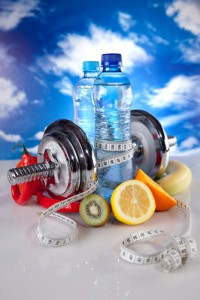Diet, Fluid Intake and Kidney Stones
Causes of kidney stones vary and include dietary, fluid-related, and genetic.
High oxalate, purine diet may be linked to high urinary concentrations of the substances, predisposing to urolithiasis.
[/col]
[col type=”three-fourth last”]
Counter-intuitively, in a study of 45,000 men, the prevalence of stone disease was LOWEST in men who ingested a HIGH calcium diet. Dr. Shteynshlyuger does NOT recommend calcium restriction for most patients with kidney stones.
Patients are advised to maintain urine output >3 liters per day. High fluid intake is essential for stone prevention.
Diet is only one variable, the source of the diet may be just as important. Identical vegetables grown in various parts of Thailand contain amounts of oxalate that differ by more than 50%.
Professionals/office workers have higher incidence of stone disease than manual workers, may be a confounding factor.
[/col]
Diet and Fluid intake.
- High meat intake leads to increased urinary concentration of calcium, oxalate and uric acid. Half of the increased levels of these substances in patients with calcium stones are attributable to diet high in animal proteins.
- Milk ingestion can cause hypercalciuria due to increased calcium intake; lactose stimulates intestinal absorption of calcium. Multivitamins contain Vitamin D which stimulates calcium absorption.
[box style=”0″]
Dr. Alex Shteynshlyuger is a fellowship trained board certified urologist with expertise in treating kidney stones. If you or someone you know has been diagnosed with renal colic or kidney stones, make an appointment to take advantage of Dr. Shteynshlyuger’s expert advice.
[/box]

